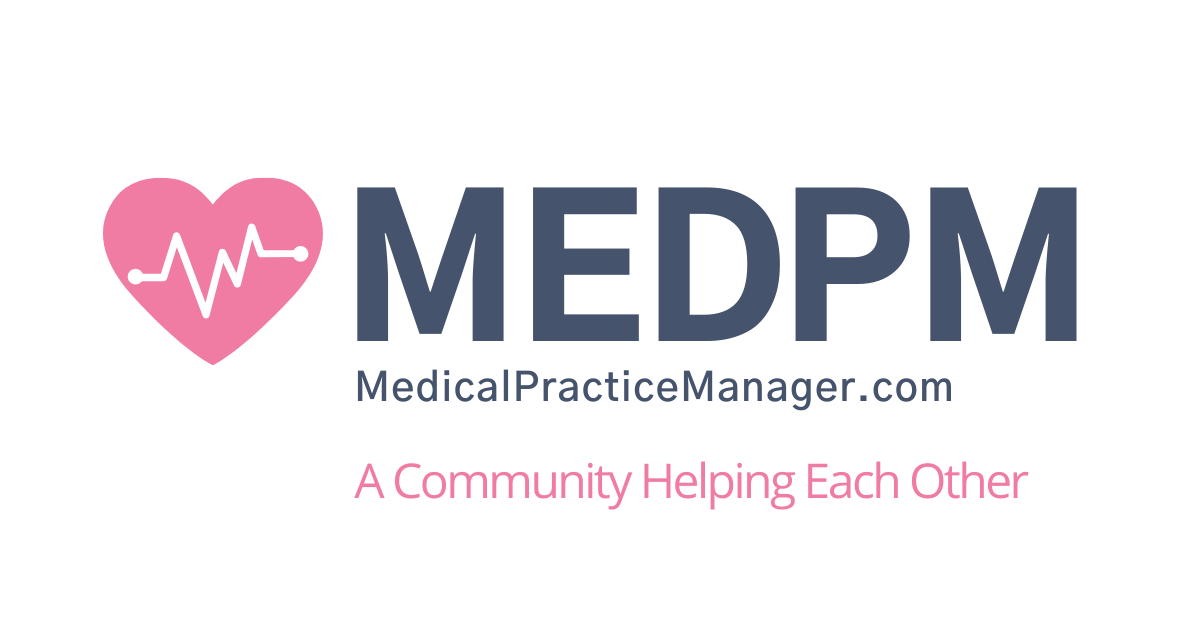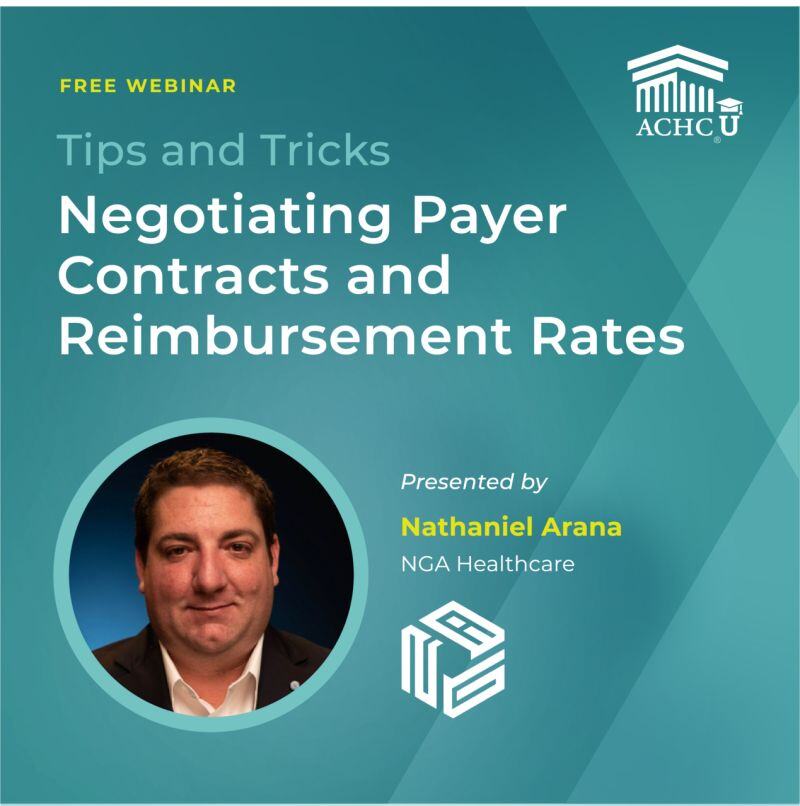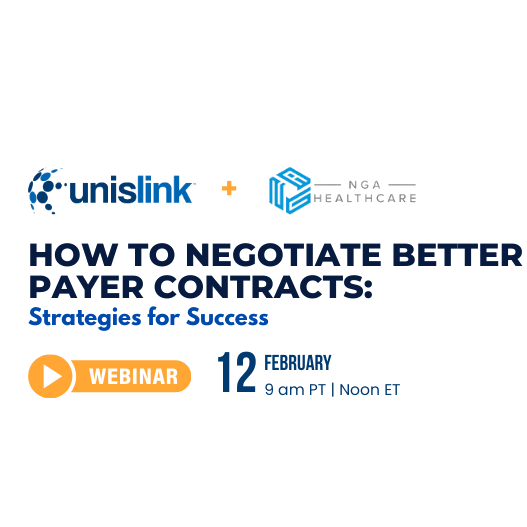Blog
Stay up to date with the latest in credentialing and contracting negotiation news.
Owning a medical business is like being a C.E.O., patient advocate, accountant, human resources manager, medical healer and office manager all rolled into one. One job title t... Read More
I am often told by clients that they don’t feel that they have any leverage when dealing with insurance payers to get better rates. The reality is that every practice has a ce... Read More
Can you negotiate your reimbursement rates as a physician? Absolutely. A physician’s reimbursement rates can determine the difference between profitability and breaking-even —... Read More
Can a small physician practice negotiate higher reimbursement rates? Read More




.png?width=1045&name=image%20(5).png)









